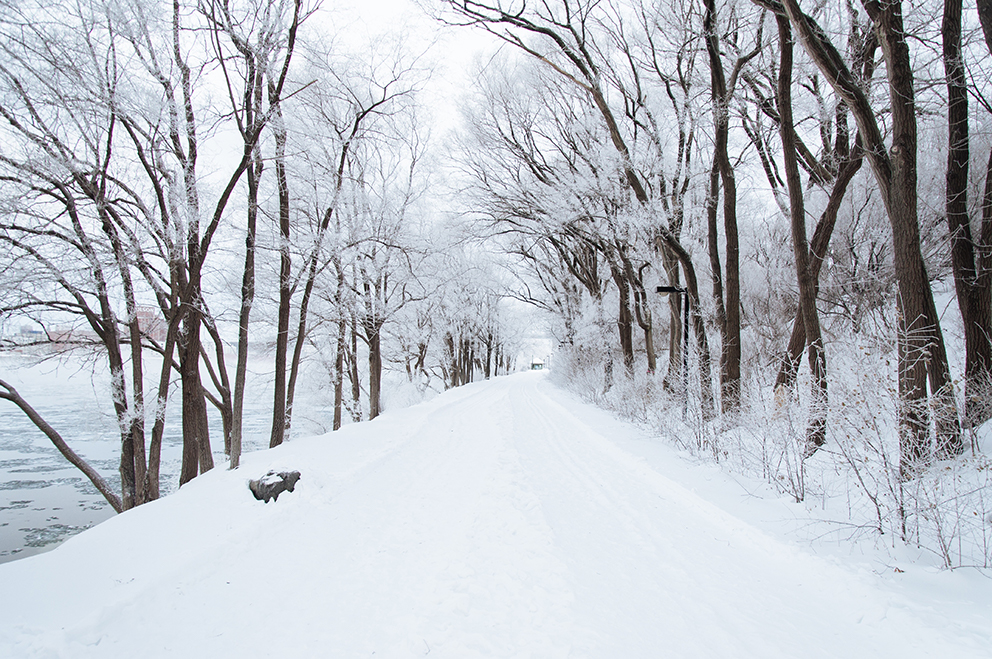
Seal all cracks, and holes where cold air blows in and hot air leaks out. Remember to keep your blinds and drapes closed at night to block drafty window areas. You could save up to 10% on your annual bills.
Keep the temperature at sixty-eight degrees or lower. Each degree higher uses three percent more energy. Lower your thermostat setting at night, and turn your heat down before you leave the house. It costs less to reheat your home than to keep it warm while you’re out.
Keep curtains and blinds closed at night to keep cold air out, but open them during the day to let the sun warm the room. Wear warm clothes and sweaters, and use blankets while resting.
Avoid using supplemental space heaters, including electric, kerosene or propane models. Not only are they expensive to operate, they’re also very dangerous.
Seal doors and windows with caulk, weatherstripping and plastic film. An investment of $50 in weatherizing supplies can reduce heating use by two to three times that much. Don’t forget the basement windows!
Vacuum registers and vents regularly, and don’t let furniture and draperies block the air flow. Change or clean your furnace filter once a month. Dust and dirt can quickly clog vital parts, making your furnace run harder and eventually break down.
Install a clock-programmable thermostat. If you use it to set back the temperature by 10 degrees for eight hours every night, you’ll lower your heating use by up to 10 percent. A $50 digital thermostat can pay for itself in energy savings in less than a year.

Refrigerators are the biggest wasters of electricity in your household, mainly because they are always running. Try this idea: when you remove an item from the refrigerator, replace it with a container filled with cold water. Refrigerators are like picnic coolers: items stay cold if it’s packed tight. The compressor will not turn on as often if the refrigerator is filled. This also works with freezers, plus it reduces frost build-up.
If you have a water heater that is at least six years old, buy a heater blanket. A heater blanket is an insulated sleeve that wraps around the heater and makes it work more efficiently. Blankets cost about $15 and will pay for themselves over the course of a year.
If you feel the need to purchase a fan, look into an overhead model. They work best at cooling a room by providing maximum air movement, are the most efficient, and add a decorative touch. If you don’t or can’t go the overhead route, floor models with a vortex design are the best purchase. A small vortex fan will circulate air 7-10 times better than a standard oscillating model.
Preferably water or fruit juice. Avoid caffeine-heavy drinks such as coffee, cola or tea. Caffeine stays in your system and raises your body temperature.
These sound like very warm settings, but they actually fit into a reasonable comfort range.
When you open your window, you allow for air circulation, create a natural breeze, and cut down on cooling costs.
Be sure to check regularly on elderly or homebound friends and relatives. Make certain that they have “911″ reminders close to their telephones. Have them call you on a regular basis. Be sure they get plenty of fluids. Excessive heat can be most dangerous for the elderly and infirm, but with a little diligence, you can make a big difference in their ability to weather the weather.